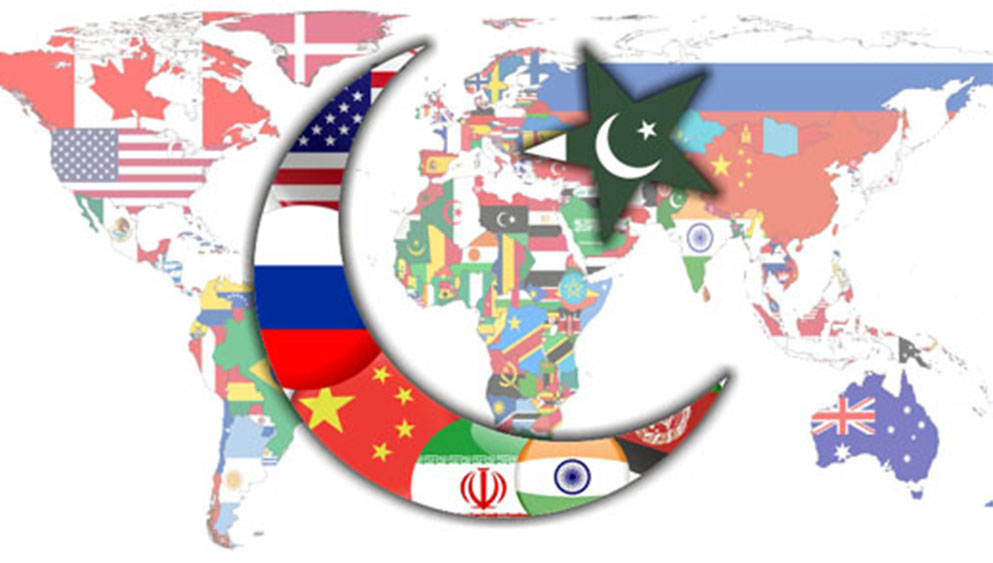nbaschedule2012now.net – Pakistan, strategically located at the crossroads of South Asia, Central Asia, and the Middle East, plays a significant role in international relations. Its geopolitical importance, nuclear capabilities, and involvement in regional and global issues make it a pivotal player on the world stage.
Historical Context
Pakistan’s foreign policy has been shaped by its historical ties and strategic interests. Since its independence in 1947, Pakistan has maintained a delicate balance between its relationships with major powers, including the United States, China, and Russia, while also managing complex regional dynamics with neighboring India and Afghanistan.
Strategic Alliances
Pakistan’s strategic alliances have been crucial in its international relations. The country’s longstanding partnership with China is a cornerstone of its foreign policy, characterized by economic cooperation and mutual strategic interests. The China-Pakistan Economic Corridor (CPEC) exemplifies this relationship, offering economic benefits and enhancing connectivity in the region.
Role in Regional Stability
Pakistan plays a vital role in promoting regional stability. Its involvement in the Afghan peace process underscores its influence in South Asia. By facilitating dialogue between the Afghan government and the Taliban, Pakistan contributes to efforts aimed at achieving lasting peace in Afghanistan.
Counterterrorism Efforts
Pakistan’s commitment to counterterrorism is a key aspect of its international relations. As a frontline state in the global fight against terrorism, Pakistan has taken significant steps to combat extremism and terrorism within its borders, working closely with international partners to address security challenges.
Economic Diplomacy
Economic diplomacy is at the forefront of Pakistan’s international relations strategy. By engaging with regional and global economic forums, Pakistan seeks to enhance trade and investment opportunities, leveraging its strategic location as a conduit for regional integration and economic development.
Challenges and Opportunities
Despite its strategic significance, Pakistan faces challenges in its international relations. Issues such as political instability, economic constraints, and security concerns pose obstacles. However, these challenges also present opportunities for Pakistan to redefine its role in a rapidly changing global landscape.
Conclusion
Pakistan’s role in international relations is multifaceted and dynamic. As it navigates complex geopolitical landscapes, Pakistan continues to exert influence through strategic alliances, regional stability efforts, counterterrorism initiatives, and economic diplomacy. By addressing its challenges and leveraging its opportunities, Pakistan aims to strengthen its position as a key player on the global stage.
